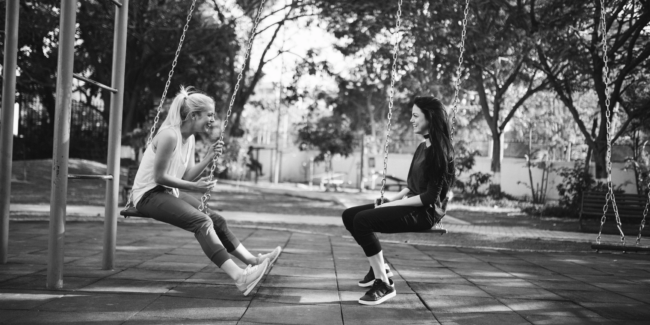Guest Blog Written by @standrewssurvivors;
We believe education, reflexivity, and empathy are important first steps in being good supporters of survivors, both personally and within the wider movement against sexual violence.
There are plenty of well-meaning people who misunderstand the experience of survivors, and while one can never truly understand what it feels like to experience and go on living after experiencing sexual violence without being a survivor themselves, there are many important things people can educate themselves about so as to be better able to empathise with and eliminate biases and preconceptions about survivors.
We won’t venture to list them all, but a few of these areas many people could stand to learn more about include: the body’s natural and instinctive reactions to danger (the 5 F’s), what triggers can look like and how they can affect survivors, and the extremely low rates of expulsion and guilty verdicts for perpetrators of sexual violence.
Beyond simply reading up on this topic, it is also very important that people make the effort to reflect on their own words, habits, and actions. We all perpetuate rape culture in our daily lives, whether we notice it or not, and we need to start taking responsibility and actively working to dismantle it instead. When searching for the ways we enforce rape culture, we may find: indulging in and/or spreading sexual rumours without considering the role of consent in the gossip, normalizing drunk hook-ups, remaining friends with people we know to be somewhat predatory or misogynistic without calling them out, laughing at stories our friends tell us in which we may not recognise red flags, or passing judgment or gossipping about people’s sex lives.
When brainstorming ways to disrupt this rape culture and correct our and others’ behaviour, we may consider: confronting friends who we know to be predatory or misogynistic, checking in on our friends who share stories in which they may have been uncomfortable (even if they recount it in a joking tone), asking your friend if they would rather wait until they are sober to have sex with someone, and asking people who spread sexual gossip: “how would you feel if people went around spreading a story like that about you?”
Lastly, just being empathetic can make a world of difference to the survivors around you. Actively listen to them, make them feel heard; remember what they confide in you about their feelings, their triggers, their problems. Never make assumptions about how they must be feeling, or try to judge their situation based off of any other crime– there is a whole separate world of stigmas, barriers, and trauma connected to sexual violence than what comes with other crimes and traumas. Don’t try to make decisions for them or label their experiences and feelings for them; you are not inside their head and they deserve the time and space to take those steps on their healing journey for themselves. Validate them, their experiences, and their feelings, and stand behind them when they need you to. Make sure they know you are there to support them whenever they need you, but don’t pressure them to take you up on it.
Be kind, reserve judgment, and most of all, believe them.





